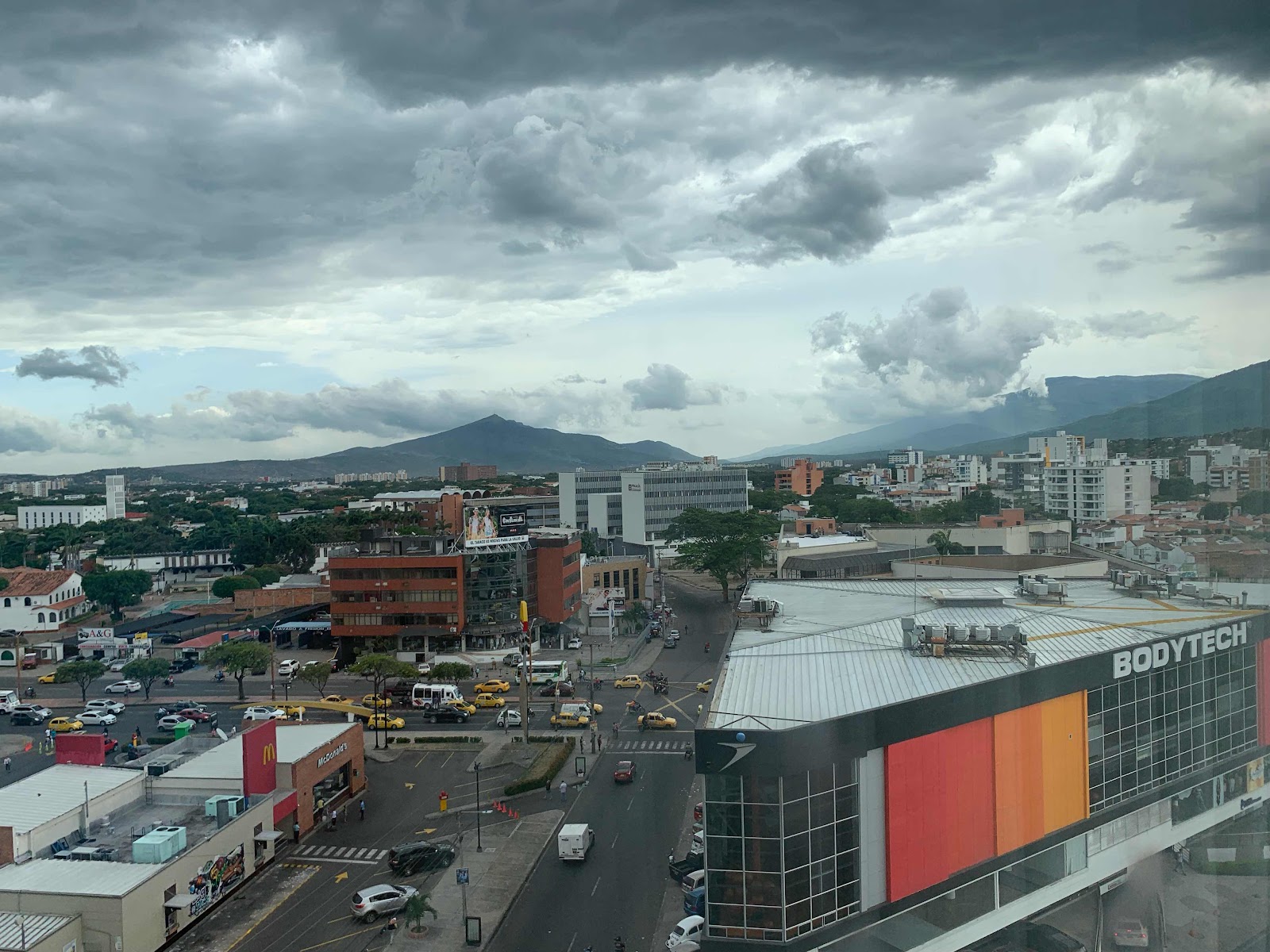
What a beautiful country this is. Cucuta, Colombia is surrounded by beautiful mountains. The people are wonderful and welcoming and yet it is clear that a crisis abounds. Sharing the border with Venezuela, Colombia has been the entry site for over 200,000 Venezuelan migrants and potentially more as people are entering the country through illegal and frankly, unsafe entry sites. Imagine the desperation in Venezuela if women are carrying their children miles upon miles, crossing at unsafe borders and continuing to walk as far as Peru or Chile--a trek that could take MONTHS on foot. This crisis is not a new one-it has been ongoing for several years and has lately been reaching a critical mass as tensions continue to rise in Venezuela. Across the border on the Colombian side there are upwards of 40 NGOs doing what they can to support the excellent Colombian physicians and nurses who are just overwhelmed as the sheer number of patients continues to rise. Some of the most commonly seen medical issues are related to pregnancy, including maternal deaths, malnourished mothers and babies as well as sequelae of chronic medical disease such as hypertension and diabetes. Then of course, there is the issue that vaccinations are not possible in Venezuela and so Measles is on the rise--at point of entry one of the very first things offered are vaccinations. However, just as in any mass migration there is the concern of the host community as well. Just like any country, Colombia has its share of less fortunate people--unable to receive proper care because they themselves cannot afford to do so. So, as we saw in Bangladesh, how can a country which is itself struggling in some respects to financially care for their own, be expected to do so for such a large population of migrants? And even with that financial stress--the overall sentiment of those we have met today in the public health sector is overwhelmingly optimistic and positive. It is a tremendous thing to see. The main lessons I learned today are that just as in Bangladesh or Ethiopia or some of the other countries I have worked in, it is important to seek the guidance of regulatory agencies such as the Health Secretary. Every country has protocols and policies in place which should not be circumvented as our success is contingent on a solid partnership. Luckily our staff here on the ground are absolutely wonderful and well plugged in and connected to all the right people to allow for productive discussions on how we can play a role.
 |
| Far Left: Yesmith Garay (our brilliant coordinator in Cucuta), Middle: The Health Secretary of Cucuta |

No comments:
Post a Comment